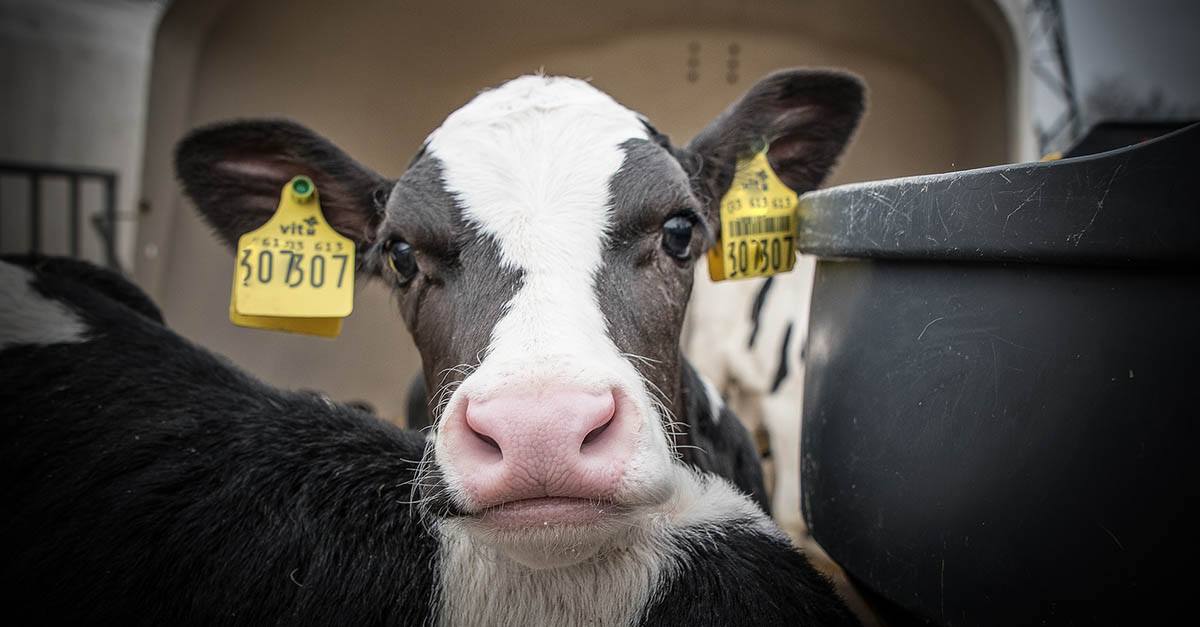The responsibility of offenders in the milk cartel

With the creation of the European Communities, the prohibition of distortion of competition was established, a mandate that is currently provided for in article 3.B of the Treaty on the Functioning of the European Union. The regulation of the defense of competition is carried out through the public authorities of each Member State that have to watch over the market, in the sense of avoiding anti-competitive practices.
It is important to note that the competition authorities of each State must establish in the specific sanctioning Resolutions the nature of the infringement and its material, personal, temporal and territorial scope.</ p>
As a consequence of recital 37 of Directive 2014/14/EU
“where several companies jointly infringe competition rules it is appropriate to provide that those co-infringers are jointly and severally liable for the full damage caused by the infringement”.
Therefore, as a consequence of a cartelized action, a plurality of responsible parties arise who are responsible for passive legitimation.
Article 1.1. of Directive 2014/14/UE, points out that:
“Member States shall ensure that companies that have infringed competition law through joint conduct are jointly and severally liable for damages caused by infringement of competition law, as a consequence of which each of the companies will be obliged to fully compensate for the damage caused, and the injured party will have the right to demand full compensation from any of them until they have been fully compensated.
The concept of offenders provided for in article 71 of the Law 15/2007, of July 3, on the Defense of Competition corresponds to the perpetrators of the damage, which are in turn , those responsible for the damages caused. The term offenders extends, in addition to natural and legal persons, to companies, associations, unions or groupings of companies, as provided for in article 73.1 of the LDC.
Competition law refers to the broad concept of “company”, which allows the scope of responsibility to be extended to the parent companies of the group or to the controlling partners. In this sense, the CJEU in Resolution of September 10, 2009, issued in CASE C-97/08-P, Akzo Nobel et al. C/ Commission, states that:
“…above all, an infringement of EU Competition Law must be unequivocally imputed to a legal entity that can be fined…”
The aforementioned Resolution of the CJUE authorizes to extend the responsibility beyond the nominality of the companies that have been sanctioned by the National Commission for the Defense of Competition as members of the cartel. In this way, the responsibility of the infringing subsidiaries is extended to the company’s own parent companies, as long as it can be proven that there is economic unity between them.
This means that in the event of a resolution declaring the existence of anti-competitive or anti-trust practices, anyone who is harmed may initiate a claim against to any of the offenders. In application of the joint and several liability regime, the injured party may file the corresponding actions against one, several, or all of them.
Any questions you have, contact us, we will offer you the advice you need in this type of situation.
It may interest you: “Department specialized in Agrarian Law “
Patricia Prendes
Director of the Department of Agrarian Law
11/07/2022



















